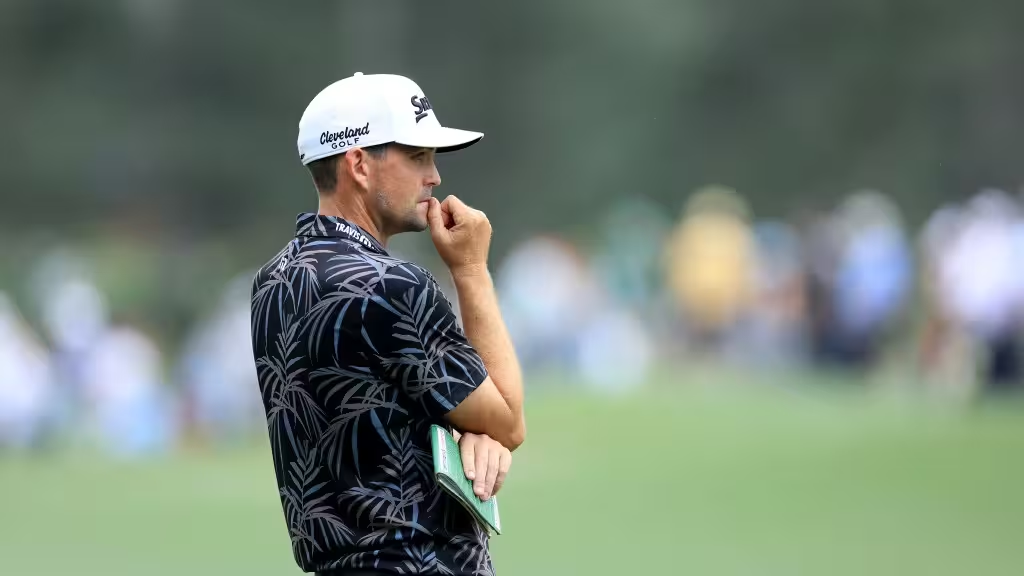Leadership is a fraught topic these days, decades of partisan bullshitting masquerading as truth-telling having created a seemingly unbridgeable divide in which any prospective commander is either an inspirational visionary ready to save the nation or manifestly destitute of the qualities necessary for the role. The prevalence of instant, binary reviews might eventually make Keegan Bradley wish he’d opted for the simpler life of running for president instead of accepting a gig as America’s Ryder Cup captain.
Management is complicated, no matter how many uplifting Hallmark aphorisms are peddled by LinkedIn influencers. Studies suggest that only a third of workers feel engaged by their business leaders, less than 20% trust them, and more than half quit because of that relationship. Which means Bradley’s new job would be plenty challenging even if he didn’t have to ascertain whether his team is willing to be led at all, or if his appointment is seen as usurping their collective power.
Recent U.S. Ryder Cup skippers have been more transactional than transformational. The task force created after Tom Watson’s bruising tenure in 2014 accomplished two goals: it relieved PGA of America executives of responsibility for selecting a captain while still keeping checks coming to the right address, and it delegated control of the team to a core group of players who were then recycled biennially through the captaincy and vice-captaincies. Noble chaps all, but a perception took root that the room where it happens didn’t seat many folks.
The captains chosen since ’14 fit the mold that cast generations of their predecessors — men well stricken in years who are either on or nearing the Champions Tour glue factory in terms of their competitive relevance. More recently, captains have also been made men in the task force mafia. Bradley is 38 years old, ranked in the world’s top 20, and assuredly not part of the coffee klatch that denied him a captain’s pick last year, despite a playing record better than any of the half-dozen who were chosen to suit up in Rome. Of the rationales that will be offered in support of Bradley — passion, college-era proximity to the venue at Bethpage Black, generational change — none is more welcome than this: his appointment takes a sledgehammer to the task force buddy culture that has hogtied Team USA for 10 years, during which captains began to sound like concierges and act like the job was to just keep players…
..
Click Here to Read the Full Original Article at Golfweek…
